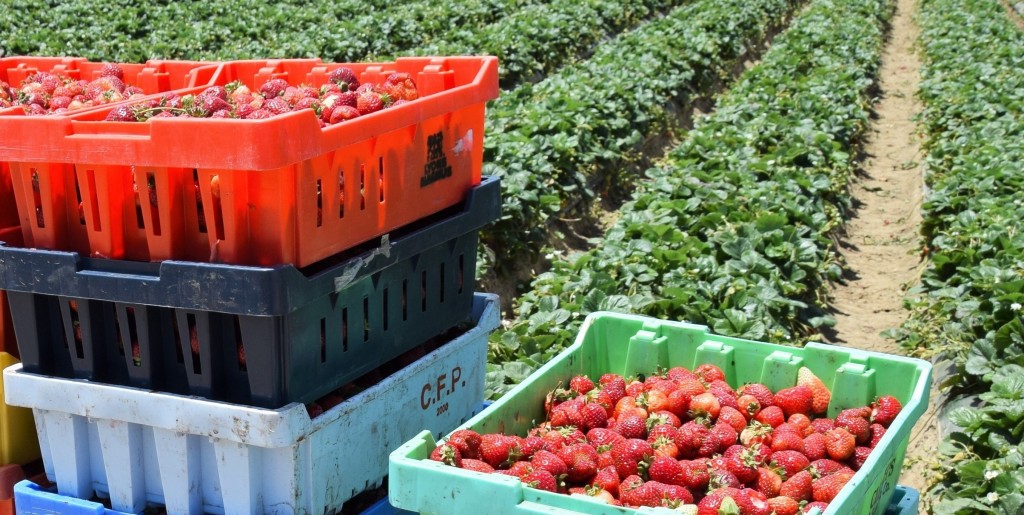Overtime bill could cut Californian ag economy by US$4.5B, report claims

As United Farm Workers (UFW) union members prepare to head to Sacramento on August 25 pushing for the Senate to pass an agricultural overtime bill, a study commissioned by a range of industry groups shows the measure may have unintended consequences.
The bill, AB 1066 (Gonzalez - D), proposes reducing the overtime threshold from the current 10 hours down to eight, and the Senate has until August 31 to vote on the legislation.
"Really at the end of the day what this bill is doing is taking away two hours of regular pay for farmworkers, and that seems to be nonsensical," Western Growers director of California Government Affairs Matthew Allen tells www.freshfruitportal.com.
"Right now based upon the seasonality of crops and weather patterns, farmworkers are able to work up to 10 hours before the overtime kicks in, and all employers have to mitigate the overtime cost.
"So if this were to be enacted, that ability to have those hours available during peak times of the season becomes reduced since the grower is not able to pass on those increased labor costs."
He says this may involve taking on extra workers where possible and keeping shifts down to eight hours, taking on the added cost burden of more overtime, or simply reducing production.
"Folks are definitely making their voice heard in the capital and the consequences if this bill were to be enacted, especially coming on the heels of the recently enacted $15 minimum wage increase," he says.
"We got some economic analysis back saying farmworker incomes could be reduced by over US$1.5 billion.
"There could be up to a US$5.4 billion loss in crop production – you’re starting to see these impacts in ag, but they also translate down to the community when you're talking about smaller farmworker paychecks, and communities really start to see the impact statewide.
These figures come from a study undertaken by Highland Economics, LLC, commissioned by Western Growers and groups including California Citrus Mutual, the California Fresh Fruit Association, California Dairies Inc, the California Association of Winegrape Growers and others.
The economic analysis firm estimates labor costs for vegetables will increase from 46% to 55%, for fruits they will go up from 58% to 73%, and for tree nuts they will increase from 47% to 52%.
The US$5.4 billion loss in crop production would also equate to a reduction of 78,000 jobs, the report says.
The effects would vary depending on the crops as well, with strawberry labor costs expected to skyrocket from 57% of operating costs to 81%, and significant increases for other products as well including broccoli (49% to 62%) and table grapes (54% to 70%).
"This is not happening in a vacuum," Allen adds.
"Obviously there are ongoing issues with the water supply nd making sure we’re able to manage that in the right manner. California has a very stringent crop protection, pesticide regulatory practice and all of these issues have a cost to them.
"It's quite interesting because we’re one of five states that has overtime for agricultural workers; we’re the only state that has a daily overtime requirement."
Allen mentions some growers might also consider moving their production elsewhere.
"There is increased competition not only amongst California and other states, but we’re very much subject to an international marketplace, so all of those impacts will be felt," he says.
"It’s a great state for ag but it also presents its own challenges, and this is one of those, which is why we’ve been so active to defeat this measure."
Photo: www.shutterstock.com







































